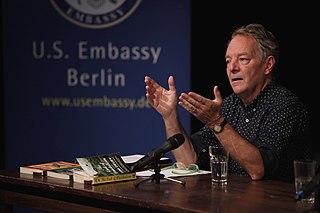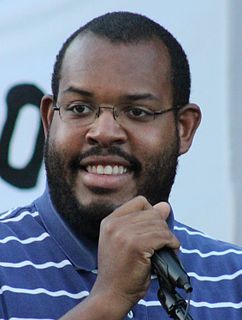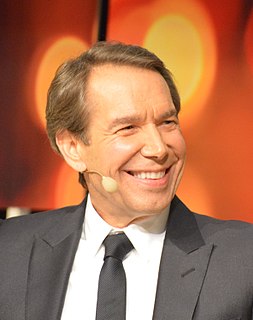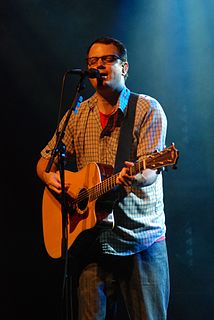A Quote by Brian Boyd
Popper and Nabokov are very different people in some ways - and I'm ready to devote large chunks of my life to both of them. Popper didn't think much of words but thought ideas mattered, and Nabokov didn't think much of ideas, but words mattered, and so on. But both of them had a sense that this is a world of infinite discovery, unending discovery. That quest to discover more in any direction is what I think drives me, and what drives humans, when they're doing the most interesting things.
Quote Topics
Any
Both
Chunks
Devote
Different
Different People
Direction
Discover
Discovery
Doing
Drives
Had
Humans
Ideas
Infinite
Interesting
Interesting Thing
Interesting Things
Large
Life
Mattered
Me
More
Most
Most Interesting
Much
My Life
People
Quest
Ready
Sense
Some
Them
Things
Think
Thought
Unending
Very
Ways
Words
Words Matter
World
Related Quotes
I guess both Nabokov and Popper had, in different ways, immunized me against the fashion for French-influenced literary theory in the '70s, '80s, and '90s - "immunized" in the sense that they made me no longer susceptible to this epidemic cultural virus. I looked into Derrida and found that he rarely seemed to be interested in truth; he was more interested in making a splash.
I don't think of my characters as bumbling. I think that trouble is what drives a novel, both big troubles and small troubles, and whatever people try to do in life, there are a series of stumbling-blocks in the way, and I think that makes for interesting reading. I think of them as doing their best with the roadblocks that they're given.
There are more ideas on earth than intellectuals imagine. And these ideas are more active, stronger, more resistant, more passionate than "politicians" think. We have to be there at the birth of ideas, the bursting outward of their force: not in books expressing them, but in events manifesting this force, in struggles carried on around ideas, for or against them. Ideas do not rule the world. But it is because the world has ideas (and because it constantly produces them) that it is not passively ruled by those who are its leaders or those who would like to teach it, once and for all, what it must think.
To look at life without words is not to lose the ability to form words- to think, remember, and plan. To be silent is not to lose your tongue. On the contrary, it is only through silence that one can discover something new to talk about. One who talked incessantly, without stopping to look and listen, would repeat himself ad nauseam. It is the same with thinking, which is really silent talking. It is not, by itself, open to the discovery of anything new, for its only novelties are simply arrangements of old words and ideas.
Of course, both [Oscar] Wilde & [Vladimir] Nabokov believe in many things, and these things emerge in their writing clearly - for Wilde, the folly of humankind and the (romantic) grandeur of the heroic, lone individual (not unlike Wilde himself); for Nabokov, the possibility of a kind of transcendence through a great, prevailing, superior sort of love (especially in Ada, the most self-congratulatory of novels.)
Words and ideas can change or influence the mind just like music can - yes, like a spell. Regarding the effect of my "spells" I think it varies; my music communicates with some, and I think it has had a positive influence on the minds of those who like it. I hope it helped them see the world from a different perspective.
When we show people that something is possible that they didn't think was possible it does more than just change things. It changes the way people think about the possibility of things changing. It helps them see that life is not the same day-after day, unsurprising, unending drudgery that so much of life teaches them that it is. And that is a huge contribution to their humanity.


































